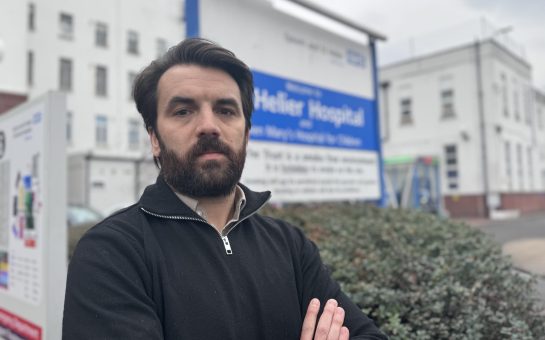Ali Bruce
March 13 2020, 15.30
Follow@SW_Londoner
A study of south London patients shows the chance of surviving after a stroke has dramatically improved.
The study done over 15 years found the risk of a stroke resulting in death had fallen by 24% between 2000-2015.
And the likelihood of disability following a stroke fell by 23% in this period.
Higher hospital admission rates, increased MRI and CT scanning, and medications to reduce blood clots in the acute phase of strokes have been credited with the lower rates.
Stroke Association’s research communications manager Georgina Hill said: “Overall, the number of people dying from stroke across the UK has decreased in the last 15 years and we’re pleased that this latest research finds South London is no exception.”
The research was done by the Biomedical Research Centre (BRC) of Guy’s and St Thomas’ NHS Foundation Trust and King’s College London and was published in weekly peer-reviewed medical journal PLOS Medicine.
Researchers examined data from patients for ischaemic stroke in south London, obtaining the data from patients in Lambeth and Southwark on the South London Stroke Register.
An ischaemic stroke is when a blood clot blocks the supply of blood to the brain.
The BRC team arrived, after adjustments for population change, at a figure of 6,300 more people annually surviving for over one year after a stroke.
Race and gender differences did not deviate from this overall reduction of death and disability risk.
Dr Yanzhong Wang, author of the study and reader in Medical Statistics at King’s College London, said: “We’re really grateful to all the patients who have taken part in the South London Stroke Register.
“Their valuable input is giving us an incredibly detailed understanding of stroke rates, which can help us treat and prevent strokes in the future.”
Ms Hill added: “Better recognition of stroke and improvements in emergency treatment, such as thrombectomy, has given stroke survivors a better chance of rebuilding their lives.
“Despite being the fourth biggest killer in the UK and a leading cause of disability, stroke remains largely ignored or forgotten.
“We’ve been leading the way in stroke research because we know that research saves lives and can prevent stroke.”




